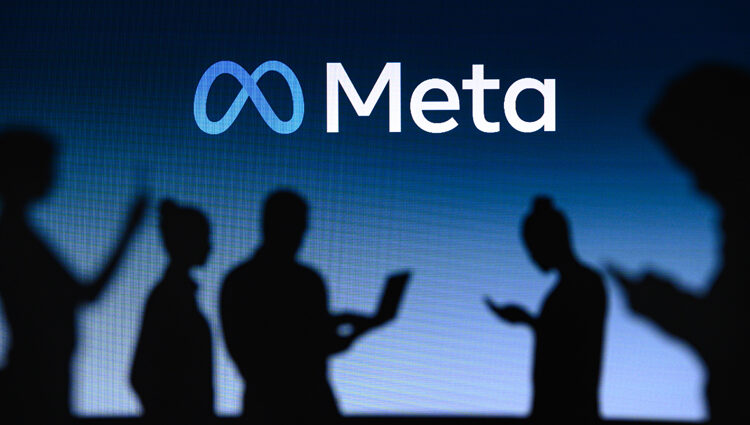Meta may undergo another employee restructure, according to a statement by Mark Zuckerberg, the CEO of the Menlo Park-based firm.
Last Friday, the CEO explained that Meta is considering reorganizing their management structure, potentially flattening the Menlo Park-based firm’s cooperate hierarchy.
Zuckerberg added:
I don’t think you want a management structure that’s just managers managing managers, managing managers, managing managers, managing the people who are doing the work.
Moreover, comments from Chris Cox, Meta’s Chief Product Officer, made earlier this month solidified rumours of the firm’s cooperate flattening.
In the CPO’s statements, they predicted potential flattening to come, asking employees to “prepare” for further layoffs. Cox explained that Meta might reorganize the cooperate structure surrounding its communications platform Workplace.
Meta Laid Off 13% of its Workforce in November
Before this year’s rumours of layoffs, Meta announced in November 2022 that it would lay off roughly 11,000 workers, or 13 percent of its workforce.
The November layoffs came as other influential immersive technology firms like Google and Microsoft removed staff. Moreover, late last year, various extended reality (XR) suffered on the stock market, leading to firms such as Meta and Snap cancelling immersive hardware development.
Last year, Meta was in hot water following FTC investigations into the Menlo Park-based firm’s 2021 attempt to acquire immersive fitness application developers Within for $440 million. The FTC took action to block the deal.
With a vote of 3-2, the FTC granted staff permission to issue a preliminary injunction and temporary restraining order, suspending the Within purchase in July 2022. In November, Zuckerberg entered a Californian court to defend Meta following a long-standing FTC investigation.
The FTC believes the acquisition is illegal because Meta chose to buy the market position instead of earning it on its merits.
Additionally, the CEO mentioned that Meta does not intend to produce VR fitness applications – instead, focusing on gaming, productivity from social interaction, and other use cases. Zuckerberg also said that while VR fitness is essential to the business, Meta does not rely on the sector to sustain growth.
Further Meta Fines
Furthermore, in early January 2023, EU regulators gave Meta a $414 million fine for forcing its users to accept personalized advertisements on its social media services. Regulators also placed an imminent block on its advertising services.
News of the EU fine comes after Meta lost access to iPhone users in 2021 due to Apple’s data collection policies, which impacted the company’s advertising revenues. As a result, Meta lost $10 billion in 2022, according to reports. The fine presented another sting to Zuckerberg’s firm, which is now scrambling to establish an efficient and cost-effective cooperate structure.
While Meta is facing hurdles from many sources, the Menlo Park-based firm continues to strive towards its XR goals. The firm is currently promoting its latest Meta Quest Pro mixed reality (MR) product, an immersive workplace headset.
Also, rumours are circulating that Meta is working on another Meta Quest iteration. Brad Lynch, an XR analyst, said that Meta would release the Quest 3 device later this year, according to his sources. This comes after he leaked the designs for the forthcoming headset in September last year, sparking discussions about the third device.
In December, Reality Labs began testing its first engineering validation test (EVT) devices before prototyping test devices across the consumer market – according to Lynch.
The analyst claims that Meta’s subsequent phases of device testing began in the second quarter (Q1) of 2023, and the firm will deliver third-party developer kits to chosen partners soon.

